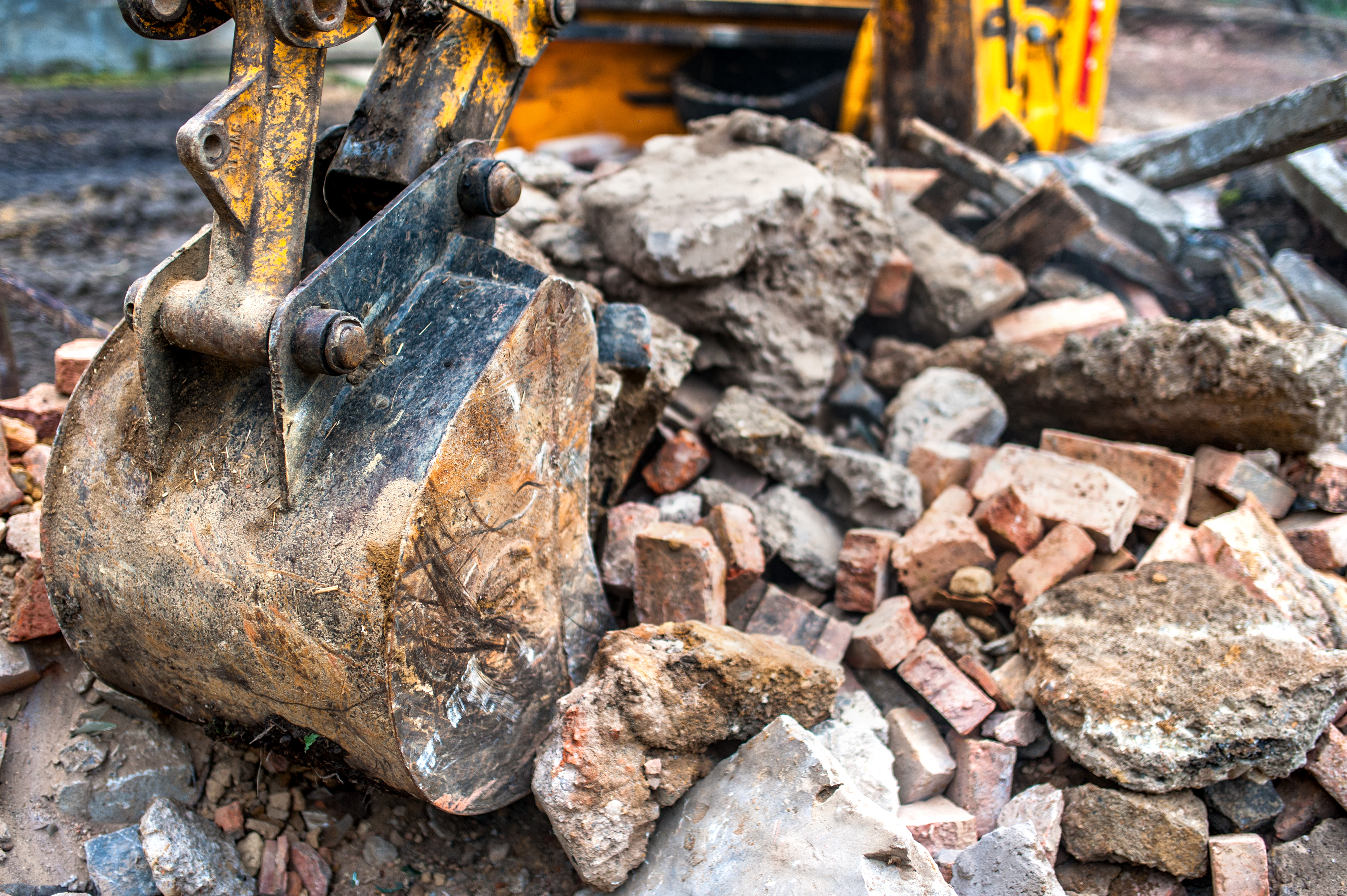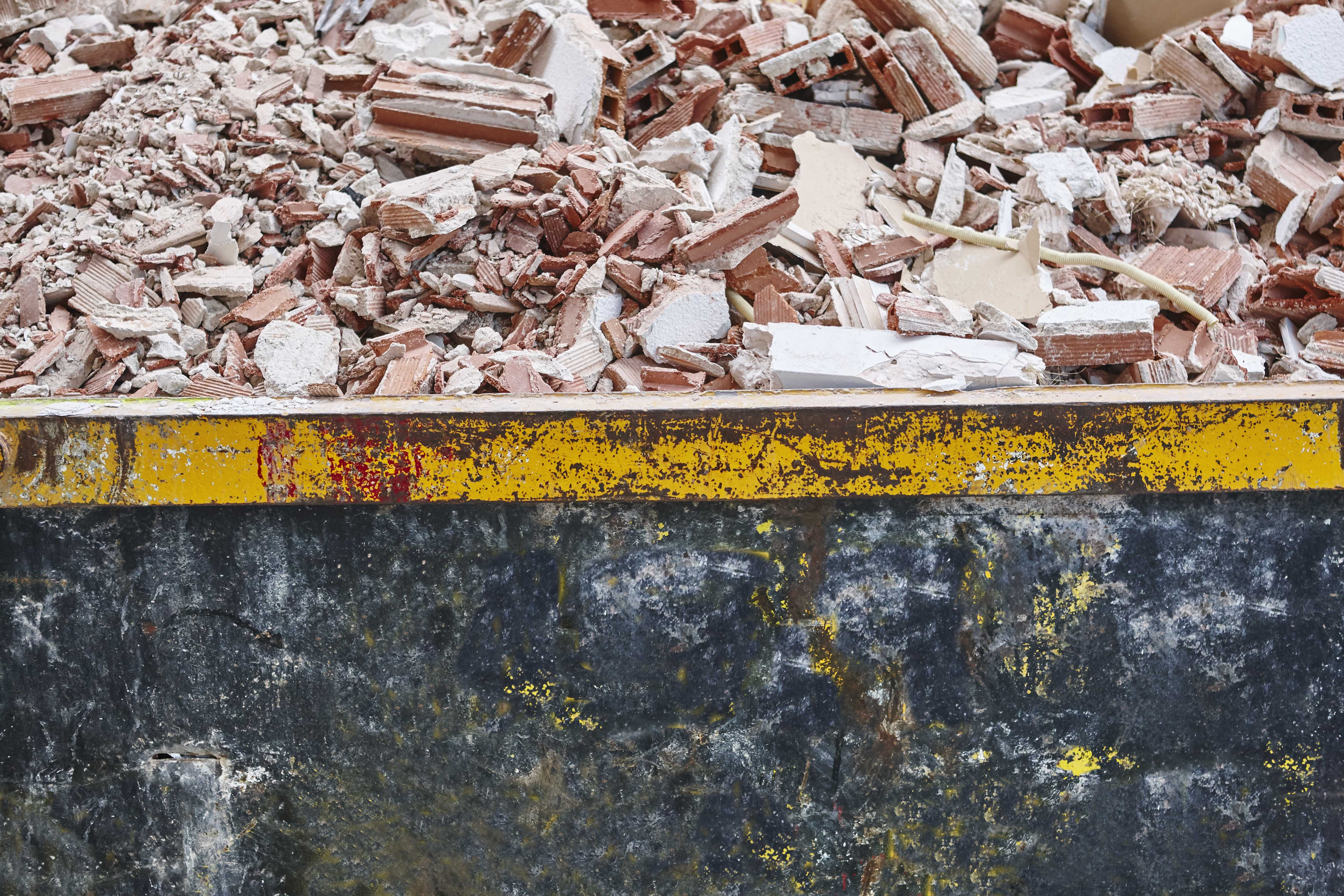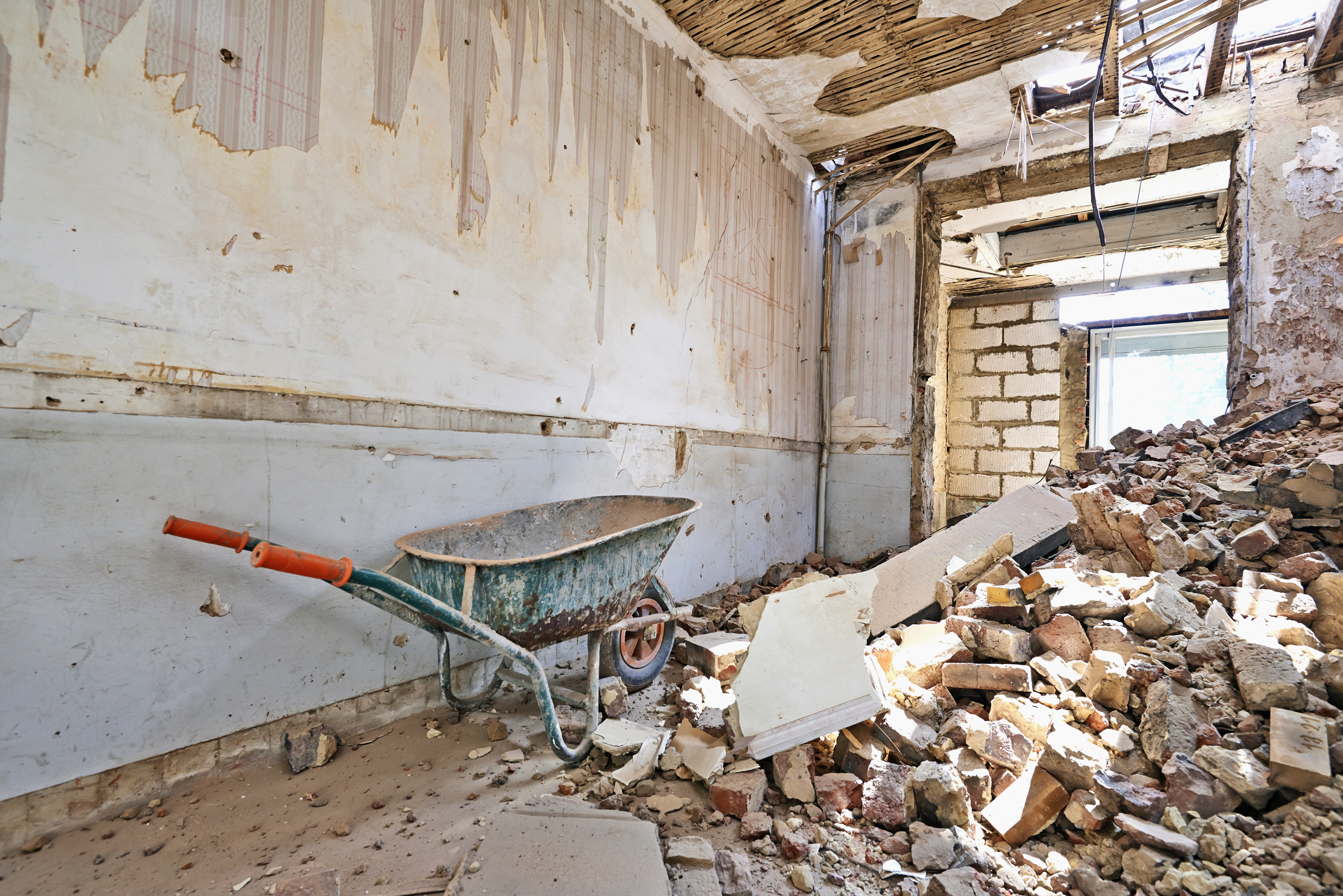Safer Practices for the Community
- Posted by Trumbull Neighborhood Partnership
- Categories Safer Practices
- Date July 21, 2018
Safety is a very important part of any demolition project. Our goal is to ensure that demolitions are conducted safely, with minimal risk and inconvenience to nearby residents. Be aware that demolition dust containing lead can spread over to two blocks. Our goal is to ensure that demolitions are conducted safely, with minimal risk and inconvenience to nearby residents. Together we can work to keep our community safe during demolition. Here are some tips to help keep your family safe when demolitions are happening in your neighborhood.
Steps: Before and During the Demolition
- Stay inside during demolition and while debris is being removed from the site.
- Make sure that your windows and doors are closed. If extremely necessary, use doors or windows that face away from the demolition site.
- Clean all pets, toys, and tools and bring them inside.
- Cover garden plots with plastic sheeting & throw away the sheeting after demolition.
- Children should not be outside during demolition or play in areas of bare dirt at any time.
- Remove shoes at the door, and check clothes and shoes for dust before entering the home.
- Wash hands before eating, especially after playing or working outside.
- Wash children's toys, especially those that may enter their mouth.
Steps: After the Demolition
- Clean exterior windows and window surrounds with paper towels and throw them away after the demolition.
- Use two buckets — one for dirty rinse water and one for clean soapy water, and change water frequently.
- Do not touch or remove any debris near the demolition site.
- Clean floors and other surfaces where dust collects with warm, soapy water and paper towels, be sure to throw it away.
- After you mop your house, mop your porches. Do not use water you use on your porch inside your home.
- Check with your family doctor or a professional to discuss testing your child for lead.
You may also like
About
EPA’s Environmental Justice Small Grants program provides funding of up to $30,000 per year for nonprofit and tribal organizations to work with stakeholders in industry, government, and academia to help communities understand and manage exposure to environmental hazards and risks. …

Safer Practices for Community Gardens and Agriculture




